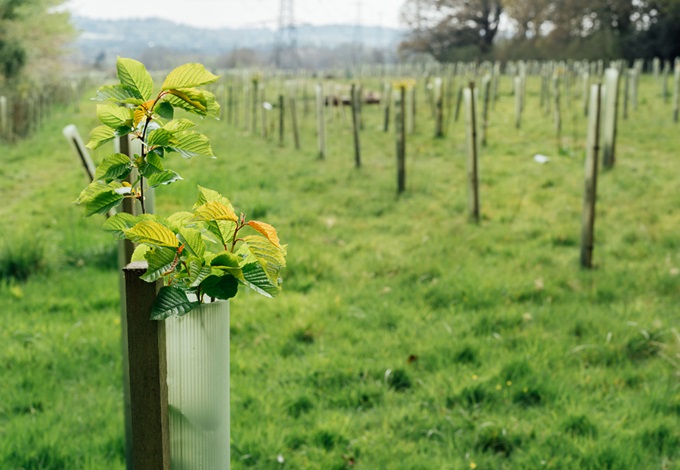Rooting for effective reforestation: landscape context and woodland cover
Woodland in the UK stands at 14.5% land-cover compared to 40% for Europe as a whole. Government targets aim to reach 17% by 2030 – a huge increase on the ground in a short space of time. In this article, Dr Matthew Dennis demonstrates how the question of where to create new woodland is key to ensuring new woodlands provide an antidote to ongoing biodiversity loss in the UK. | Policy@Manchester Articles


